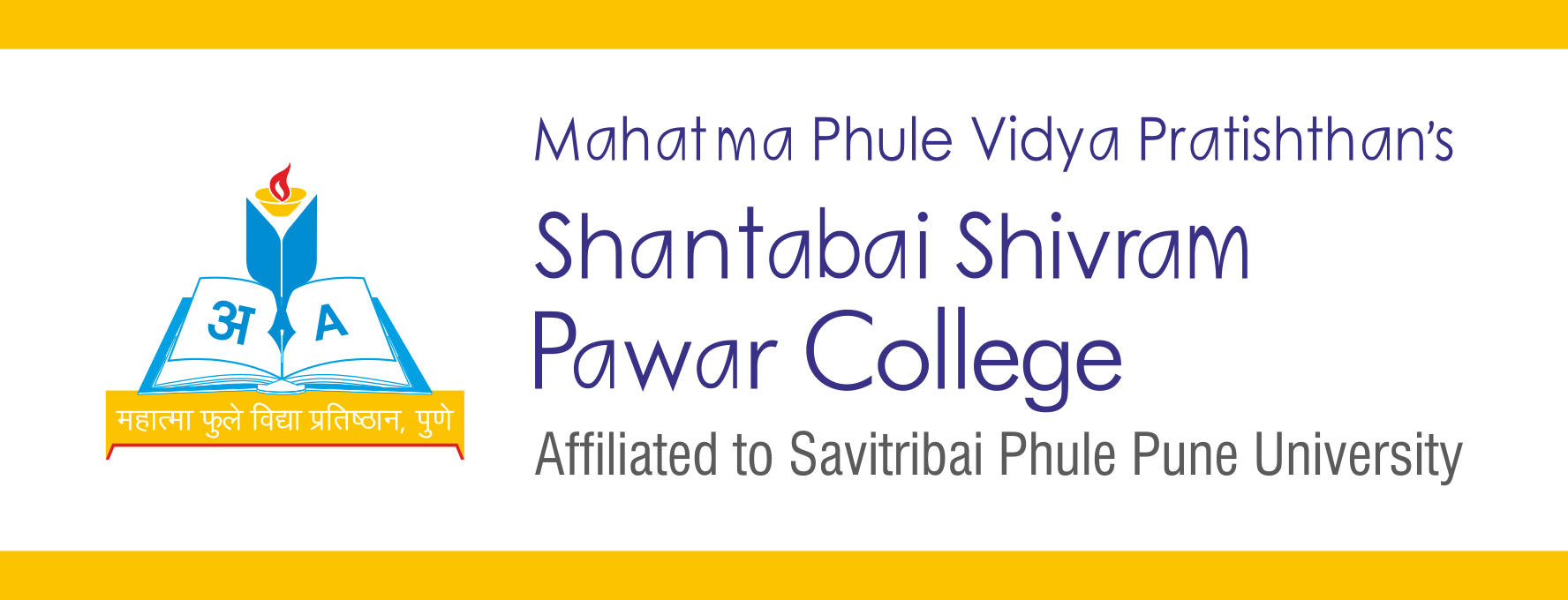Master of Economics
Overview
Evaluation Pattern
- The National Education Policy (NEP) evaluation pattern for an M.A. in Economics program may include a combination of internal assessment and external exams, as well as a dissertation.
- Pattern for Semester End Assessment in both the semester
- Total 4 Credits : 2 credits for Theory Assessment
Total Marks: 50 Marks
Scheme of Examination:
- Semester End Exam 35 Marks
- Internal Assessment 15 Marks
- Total 2 Credits for Practical Assessment
Total Marks : 50 Marks
Scheme of Examination:
- Only Internal Practical Assessment 50 Marks
ATKT Rules
1. Minimum 50% of Total Credit points of M.A Economics
2. A student can register for the third semester, if he/she fails in first year but clear first sem
within two semesters, he or she will be able to seek admission in the third semester
Career Opportunities
After earning an MA in Economics, you can pursue various career paths in both the public and private sectors, including roles as
- Economists
- Academic Research and teaching fields
- financial analysts
- market research analysts
- policy advisors
- data analysts
- Indian Economic Services
Program Learning Outcomes
- Knowledge of Economic Theories: Graduates of an M.A. in Economics
will possess a strong understanding of economic theories, including
microeconomics, macroeconomics, econometrics, and other specialized areas
of economics.
PSO – 2. Analytical Skills: Graduates will be able to apply economic concepts and
theories to analyse real-world economic issues, such as market behaviour,
policy implications, and economic trends. They should also be able to critically
evaluate economic research and data using statistical and econometric
techniques.
PSO – 3. Research and Writing Skills: Graduates will have developed advanced
research and writing skills, including the ability to conduct independent
research, analyse economic data, and communicate their findings effectively
through written reports, policy briefs, and other forms of economic writing.
PSO – 4. Policy Analysis: Graduates will be able to assess the impact of economic
policies on various stakeholders and evaluate their effectiveness in achieving
desired outcomes. They should also be able to propose evidence-based policy
recommendations to address economic challenges and promote economic
growth.
PSO – 5. Quantitative Skills: Graduates will develop a strong foundation in
quantitative methods, including statistical and econometric techniques, and be
able to apply these skills to analyse economic data and conduct empirical
research.
PSO – 6. Communication Skills: Graduates will be able to communicate complex
economic concepts and findings to different audiences, including
policymakers, business leaders, and the general public, in a clear and concise
manners.
PSO – 7. Critical Thinking: Graduates will develop critical thinking skills and be
able to analyse economic problems from multiple perspectives, consider tradeoffs, and propose innovative solutions based on economic principles and
evidence.
PSO – 8. Professional Ethics: Graduates will understand and adhere to the
professional ethics and standards of the economics, including academic
integrity, objectivity, and confidentiality in research and policy analysis.
PSO – 9. Professional Development: MA Economics programs often include
professional development components, such as internships or seminars, to
prepare students for careers in economics.
Course Objectives
1) To develop a strong foundation of advanced economic theory aligned with the
graduation and honours program.
2) To help the students to gain the comprehensive understanding of the policy
making for rural and urban economy along with national and international
level.
Contact us
Sr.32 Raje chowk, Ambegaon BK, Pune, Maharashtra 411046

